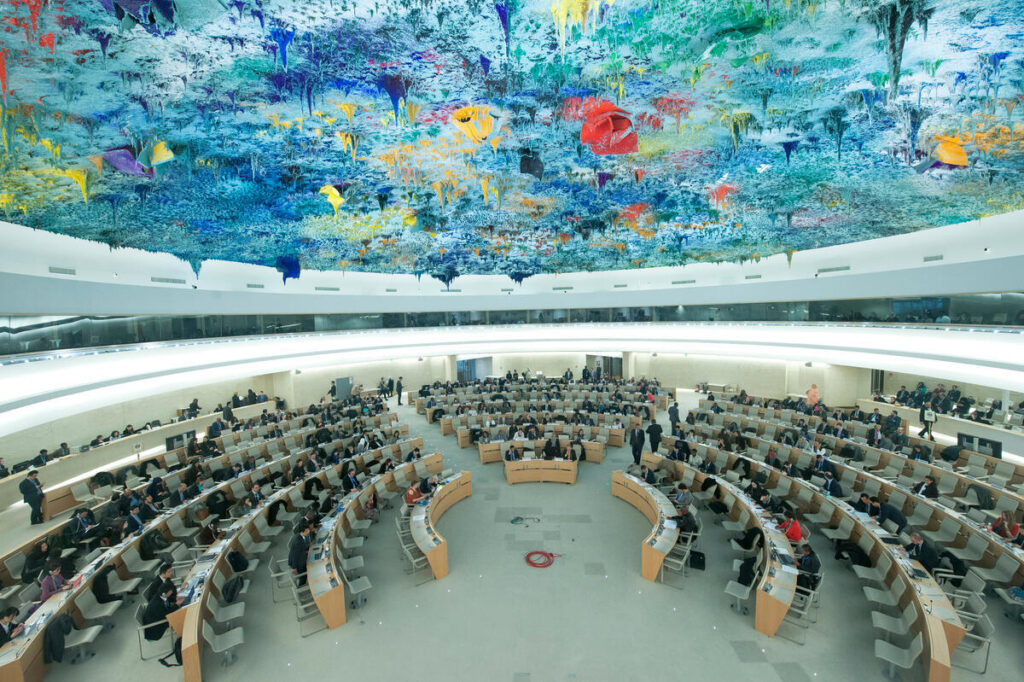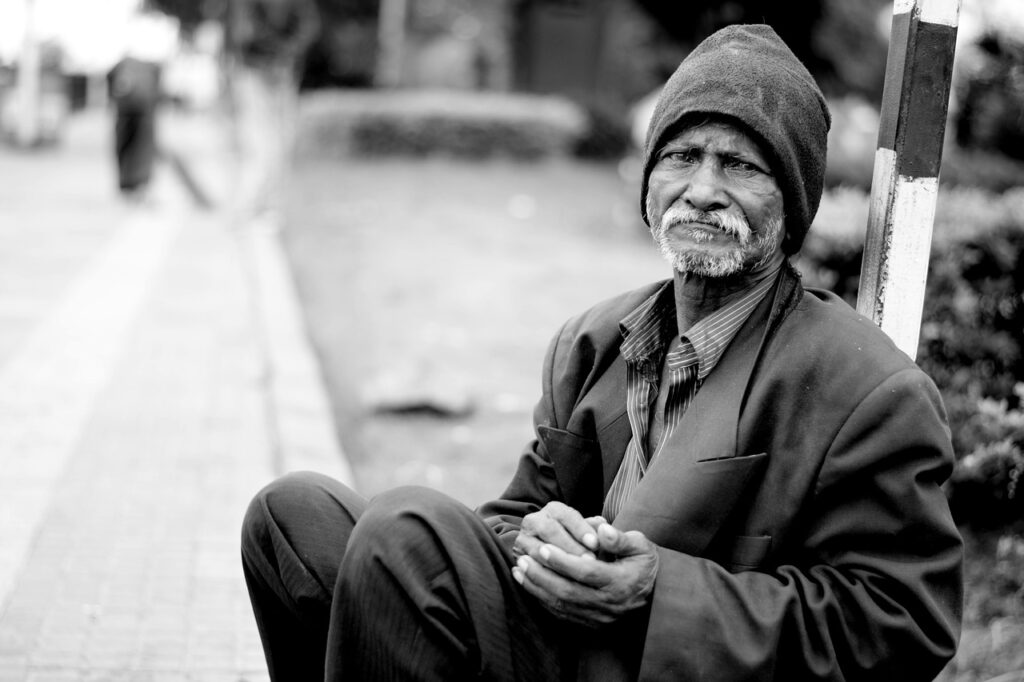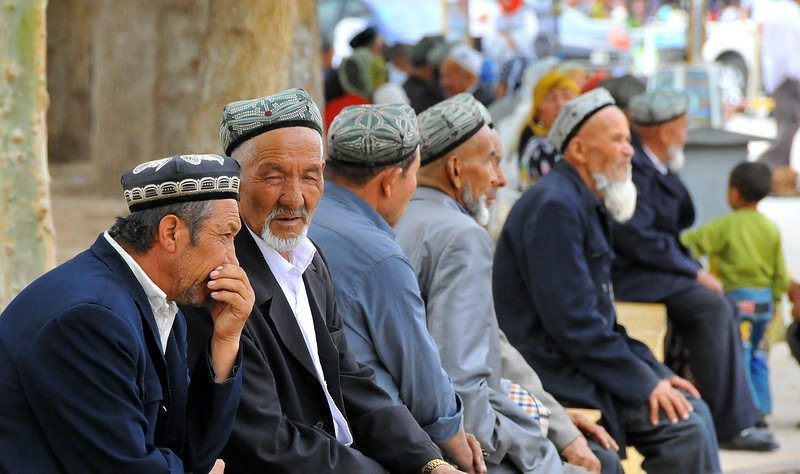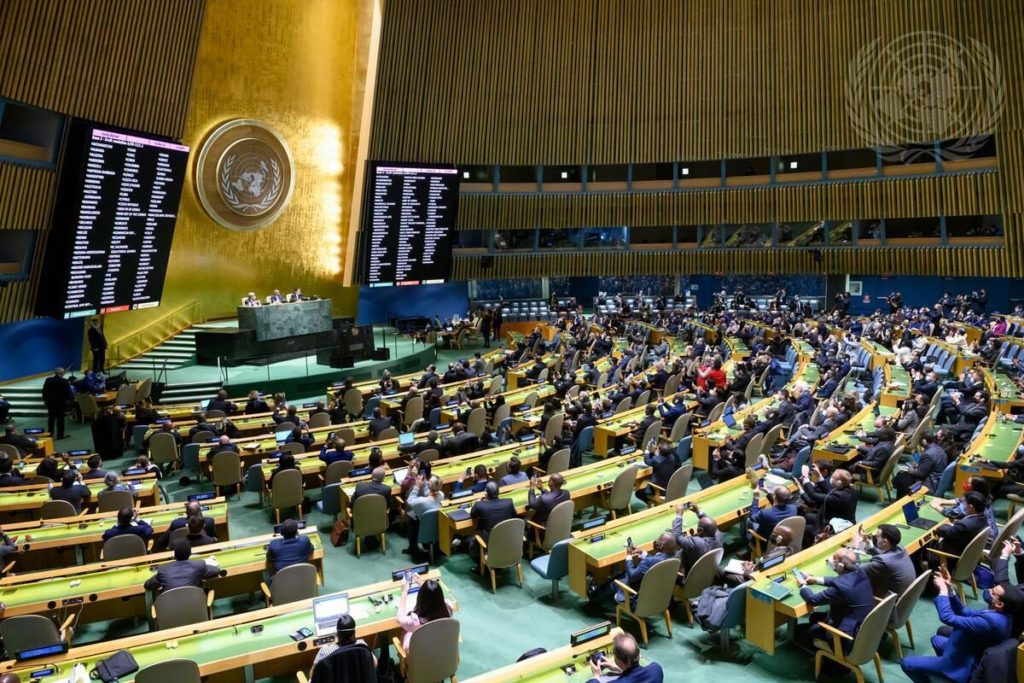Russian invasion causes massive human rights violations in Ukraine, U.N. says
Geneva/New York, February 27 – The Russian war in Ukraine has “triggered the most massive violations of human rights we are living today,” U.N. Secretary-General Antonio Guterres told the Human Rights Council days after a leading U.N. body voted to demand an end to the war.
Guterres said evidence showed that repeated Russian missile attacks have caused “terrible suffering” to Ukrainians and destroyed cities and key infrastructure. He said cases of conflict-related sexual violence against men, women and girls have been documented in Ukraine in the last year, U.N. News reported from Geneva.
“Serious violations of international humanitarian and human rights law against prisoners of war and hundreds of cases of enforced disappearances and arbitrary detentions of civilians” have been uncovered in the past 12 months, Guterres told the 47-nation Human Rights Council as it began a six-week session.
Included in the session’s program of work is discussion on findings by the Independent International Commission of Inquiry on Ukraine. The council itself had launched in March 2022 a human rights monitoring mission to gather testimonies of possible war crimes in Ukraine.
Prior to his appearance in Geneva, Guterres told the U.N. Security Council on February 24 that Russia committed a “blatant violation” of the U.N. Charter and international law, with profound impacts on the world.
The war has “unleashed widespread death, destruction and displacement. Attacks on civilians and civilian infrastructure have caused many casualties and terrible suffering,” Guterres said.
“Life is a living hell for the people of Ukraine,” he said, adding that an estimated 17.6 million people, or nearly 40 per cent of Ukraine’s population, require humanitarian assistance and protection and the war has erased 30 per cent of pre-war jobs. More than 8 million Ukrainians have taken refuge in neighboring countries and an estimated 5.4 million others are internally displaced.
The U.N. General Assembly on February 23 voted 141 against 7 to adopt a new resolution that calls for a “comprehensive, just and lasting peace” in Ukraine in line with the principles of the U.N. Charter. The countries that voted against: Russia, Belarus, North Korea, Eritrea, Mali, Nicaragua and Syria. A total of 32 countries abstained, including China, Cuba, India, Pakistan, Vietnam and South Africa.
Csaba Kőrösi, President of the U.N. General Assembly, also attended the Geneva meeting and issued a stark warning that Russia’s actions had “effectively paralyzed” the Security Council in New York, the primary international forum tasked with maintaining peace and security, U.N. News reported.
Korosi said scores of countries are still struggling to recover from the COVID-19 pandemic and more than 70 countries are in debt distress amid a global cost of living crisis, with women and girls “systematically marginalized” in many countries. He called for a fundamental shift in the global response was needed, especially on tackling climate change, which is already an existential threat for many communities.
The Universal Declaration of Human Rights
Guterres called for “full implementation” of the Declaration, which was adopted 75 years ago but has become widely “misused and abused.”
“The Universal Declaration sets out the rights to life, liberty and security; to equality before the law; to freedom of expression; to seek asylum; to work, to healthcare and education, and more,” he said. “But as we mark its 75th anniversary, the Universal Declaration is under assault from all sides. It is misused and abused.”
“It is exploited for political gain; and it is ignored – often by the very same people. Some governments chip away at it. Others use a wrecking ball. Today’s public disregard and private disdain for human rights are a wake-up call. This is a moment to stand on the right side of history. A moment to stand up for the human rights of everyone, everywherWe must revitalize the Universal Declaration and ensure its full implementation to face the new challenges of today and tomorrow.” (By J.Tuyet Nguyen)
United Nations correspondent journalists – United Nations correspondent journalists – United Nations correspondent journalists – United Nations journalism articles – United Nations journalism articles – United Nations journalism articles – United Nations News – United Nations News – United Nations News
Russian invasion causes massive human rights violations in Ukraine, U.N. says Read More »




